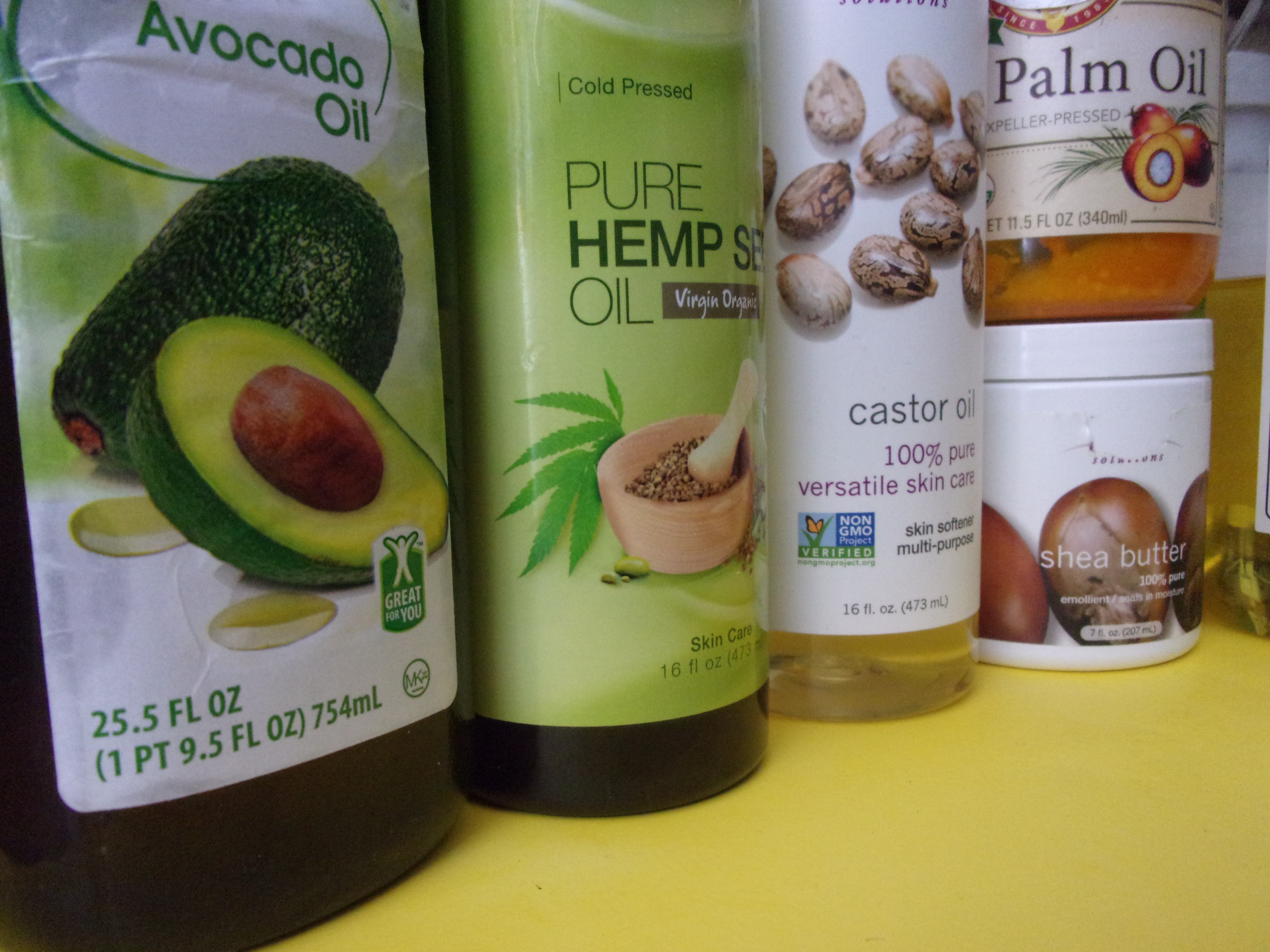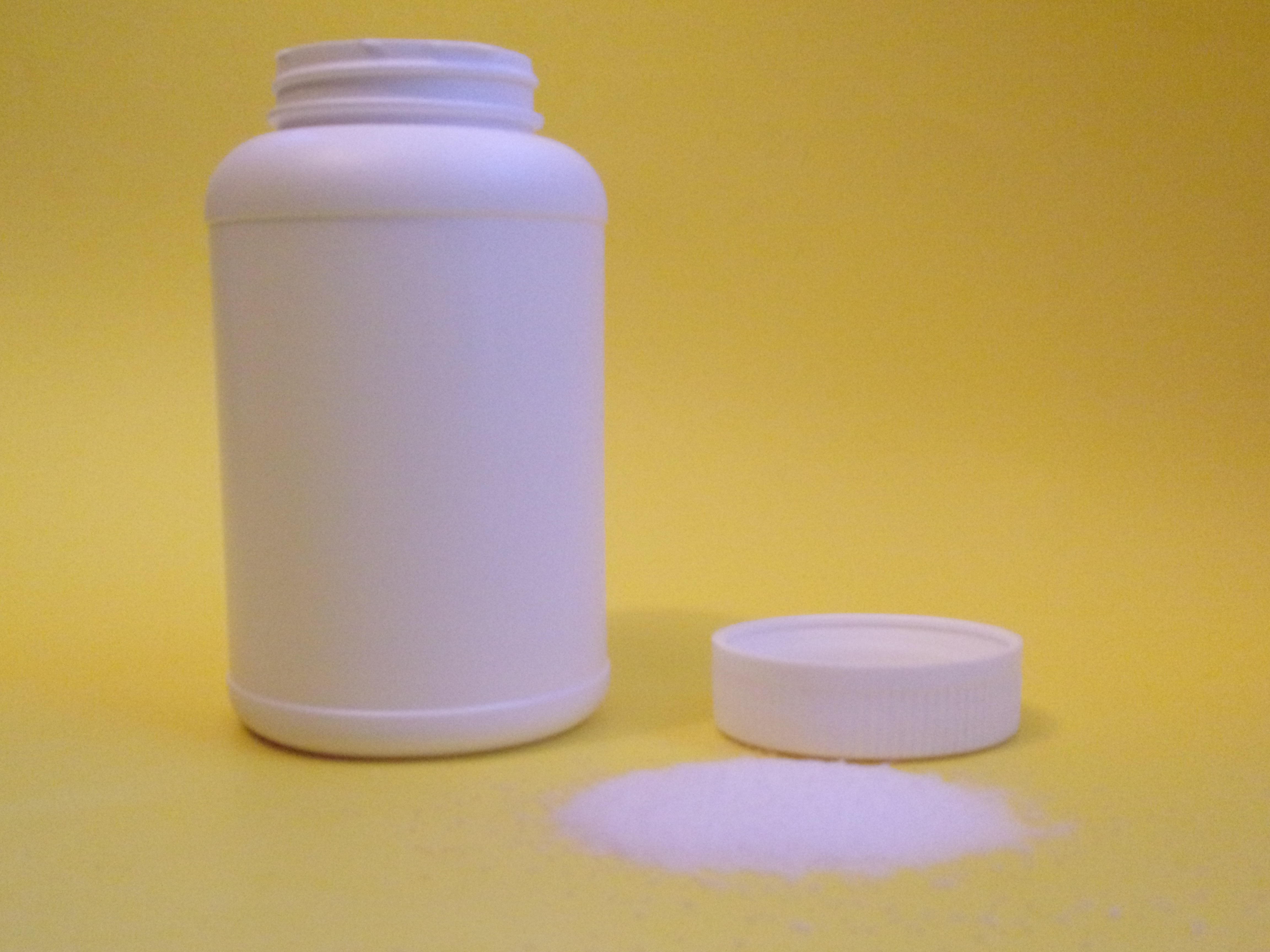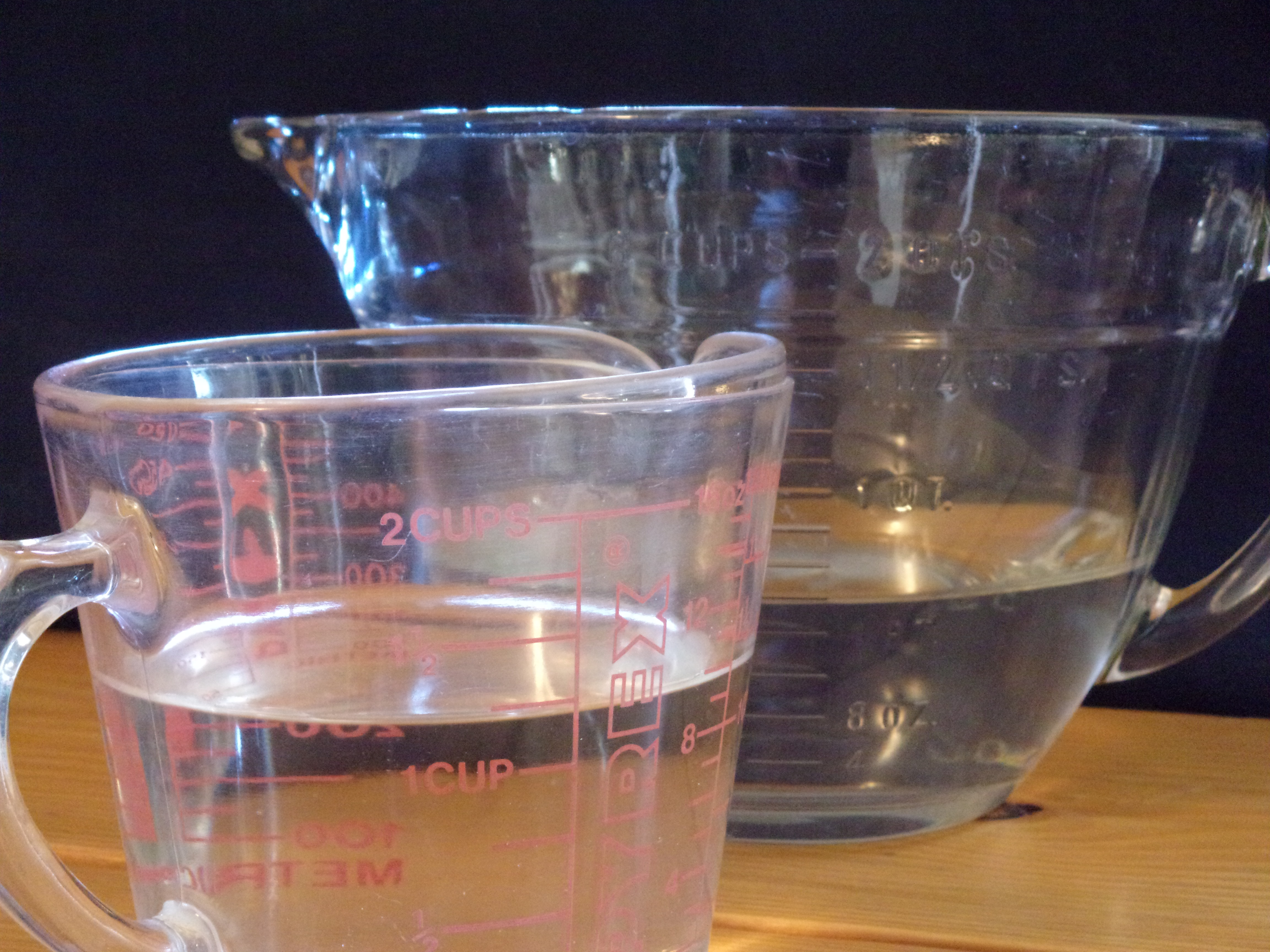The necessary Soap Making Ingredients: Oil, Lye and Water.

OIL is the first Soap Making Ingredient.
Oils (triglycerides) will make up the majority of your soap making ingredients in cold process soap. All other ingredients are measured based off the oil amounts. When we say Oils, this term includes hundreds of different Oils, Fats, Butters and Waxes.
The oils and fats can be used alone or in combinations. The waxes and butters on the other hand must be used in combination with oils and fats, but never alone. To get a glimpse of the number of oils and fats available to use check out the soap-calc for reference.
Some oils are plant based such as “Avocado Oil” and others are animal based such as “Lard” which is pig fat. An example of a wax would be "beeswax". A good example of a butter would be "Shea Butter" (which is pictured above).
LYE is the second soap making ingredient.

Lye (Sodium Hydroxide) (NAOH) or (Caustic Soda) used as a soap making ingredient must be 100% Lye (Sodium Hydroxide). If it’s not 100% Lye (Sodium Hydroxide) it will not make soap.
This is a 16 oz. container of Tech grade lye pictured here.
There are several grades of lye: Tech Grade, Food Grade and Pharmaceutical Grade Lye.
Tech Grade Lye has a higher number of contaminants. The numbers are measured in parts per million. That being said the levels are still very very low. We are talking parts per million here.
Food Grade Lye is used to heat bagels and hot pretzels to get a certain brown color in them. Contaminants have been filtered more in the food grade lye.
Pharmaceutical Grade Lye is filtered the most. The only difference between these three grades of lye is the amount of filtering each has gone through. You can filter the tech grade lye by using a coffee filter to remove the contaminants.
Lye can be bought in two forms: Lye Pellets or Lye Flakes. The pellets are very tiny so be very careful when handling them. The flakes come in larger pieces that will not be affected by static electricity. Use all applicable safety gear when handling lye.
WATER is the third soap making ingredient.

Water (H2O) the third soap making ingredient comes in several different varieties. Tap Water, Distilled Water, De-ionized Water, Well Water, Spring Water, Purified Water and Rain/Lightning Water to name a few.
I recommend using Distilled Water for making your soaps.
If you are making Milk soaps then you will be substituting milk in place of the water. The mixture can be 100% milk or any percentage such as 75/25 mix of milk and water. The milk can be from goats, cows or even dehydrated milk powder. There is a slightly different procedure to making milk soaps.
Alcohol soaps such as a beer soap, wine soap or even a whisky soap will all substitute a percentage of the water with the alcoholic beverage.
Learn how to properly mix your Oil, Lye and Water (the three basic soap making ingredients) before attempting to make these specialty soaps. Learn more here.